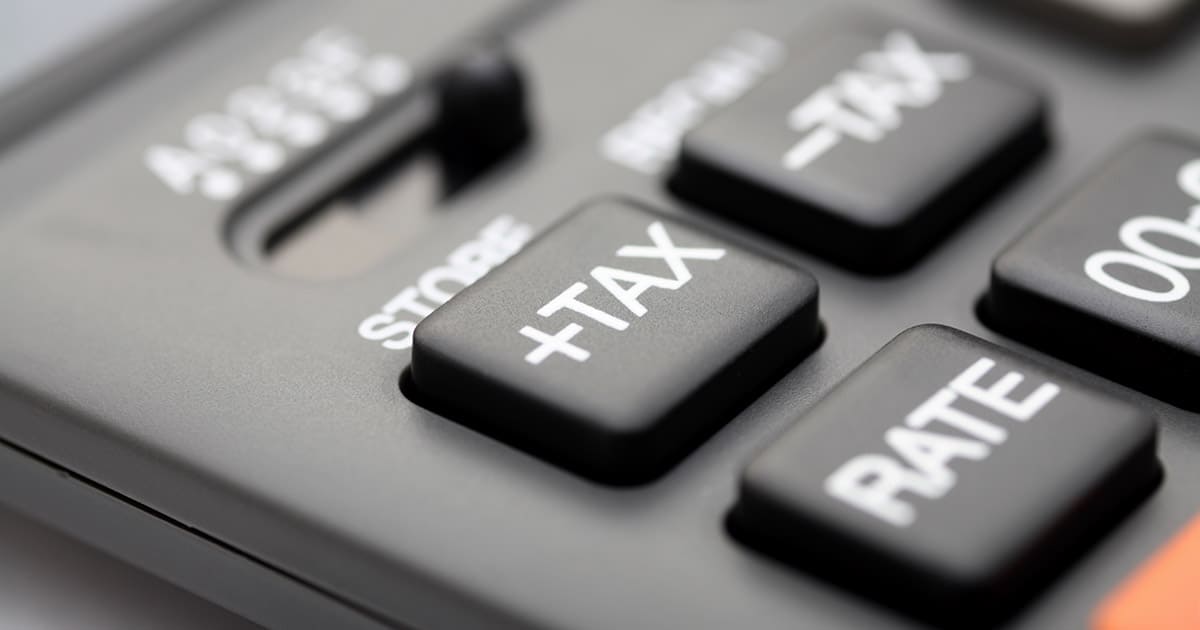Bahrain Guide: How to make Calculation of Input Tax?

In Kingdom of Bahrain, the VAT law allows to claim VAT paid on your purchases. VAT charged on purchases can be recovered in the following conditions:
- When the VAT charged on expenses is further used for a taxable activity.
- Also, VAT charged on expenses can be recovered in part also, when used for part taxable supplies.
Time period for recovery of Input tax in Bahrain
VAT input in Bahrain can be claim as soon as the tax becomes due on that transaction i.e. with the filing of that periodic return. However, if due to some reason, if a registered person is not able to claim the input in the respective tax return, it can still be claimed within a period of 5 years from the end of the calendar year where that input tax became recoverable.
Conditions for claiming Input tax in Bahrain
For being able to claim input tax paid, following conditions need to be met:
- You are a taxable person
- The expense on which VAT is paid is for purpose of your economic activity.
- The recovery of input tax on the expenses is not specifically disallowed by the VAT Law.
- These expenses are used for making taxable supplies.
- You have the supporting original tax invoices.
- You claim input tax within the time limit set by the VAT Law, i.e., five years.
VAT input Eligibility
Not all of Vat tax paid can be claimed by the eligible person as input. Let us look into various scenarios for the same.
- Expenses for economic and non-economic activity
- Differentiate between taxable and exempt supplies
- If Input Tax is disallowed
Apportionment of input tax on residual expenses
Some registered persons have an economic activity which is partly taxable and partly exempt and the expenses incurred are for the same, such expenses are usually called “residual expenses”. To determine the amount of input tax which can be recovered on these residual expenses, an apportionment will be necessary. The standard method of apportionment is set out in the Executive Regulations and is the method applicable by default to any partially exempt persons. But for this prior approval of NBR is required.
Standard Apportionment method
In order to determine the amount of input tax on residual expenses that can be recovered during a tax period, an apportionment formula this provides the percentage of input tax on residual expenses ie. eligible. The formula is an allocation between the taxable supplies (sales) and the exempt supplies (sales).
P = A ÷ (A+B) where P is the percentage of input tax on residual expenses that can be claimed.
The total value of supplies, made during the tax period, that allow input tax recovery including:
- Taxable supplies in Bahrain at the VAT rate of 5% or 0%;
- Intra-GCC supplies;
- Out-of-territorial scope supplies which would be taxable supplies if made in Bahrain.
- The total value of supplies, made during the tax period that do not allow input tax recovery.
This includes:
- Exempt supplies in Bahrain; and
- Out-of-territorial scope supplies which would be exempt supplies if made in Bahrain.
The following should not be included when computing the input tax recovery percentage:
- The value of supplies of capital assets used for carrying out the economic activity.
- The value of supplies which are incidental and do not constitute the core activity of the taxable person.
- The value of supplies made by an establishment of the taxable person located outside Bahrain
- Transactions that do not qualify as supplies for the purposes of VAT (i.e., outside the scope of VAT).
Special apportionment methods
Special apportionment methods can be based on factors relevant to the business and transaction counts. A taxable person wishing to use a special apportionment method should make an application to the NBR. Until the NBR provides its approval, the taxable person must continue to apply the standard apportionment method.
Recovery of input tax on pre-VAT registration expenses
A taxable person may recover, VAT charged on expenses incurred before his effective date of VAT registration provided the following conditions are met:
- For goods: The goods were acquired or imported within a period not exceeding five years prior to the effective date of registration and they are still in the taxable person’s possession on the effective date of registration.
- For services: The services were acquired within a period not exceeding six months prior to the effective date of registration.
VAT on pre-registration expenses should be claimed in the tax return for the first tax period following the effective date of registration. The taxable person should provide the NBR with the following documents:
- A list of the purchases for which input tax recovery is sought
- An inventory of the stock of goods and raw materials still at his disposal on the effective date of VAT registration in Bahrain
- Copies of the tax invoices issued by the suppliers for the goods and services acquired
- Customs declarations for imports.
For more information on this topic, please visit our Blogs Section or Contact Us
For enquiries E-mail: info@aviaanaccounting.com
Related Articles:
What is Input Tax under VAT in Bahrain?
What is Value of Supply for VAT in Bahrain?
How to make Payment of Due VAT in Bahrain?
What is Exempt and zero rated (Bahrain)?
What is De-registration from VAT in Bahrain?
